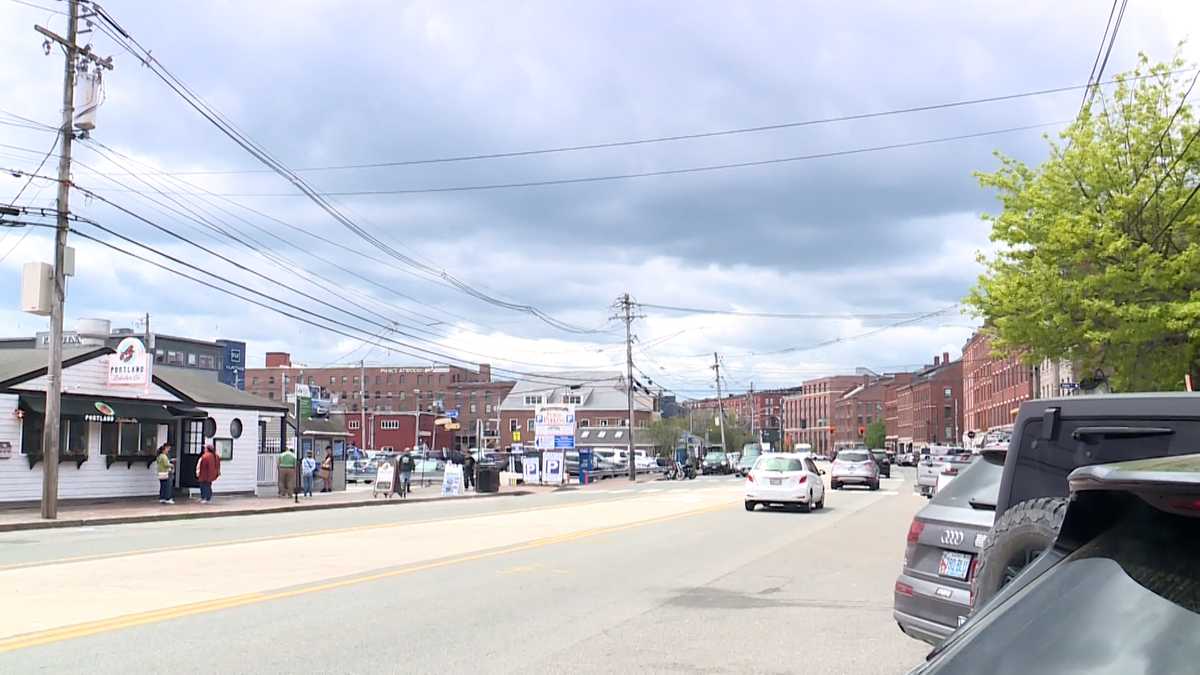The unemployment rate in Maine dropped to 3.2 percent in July, but that only tells part of the employment story for the state.According to a report Tuesday from the Maine Department of Labor, the number of nonfarm jobs in Maine dropped by 500 in July and was down by 1,100 from a year ago. The report says most of the job loss was in the leisure and hospitality sector, which had 1,200 fewer jobs, with most of that loss in the last three months.The Labor Department says leisure and hospitality is the most seasonal sector in Maine, and July is the peak of employment most years. Labor officials say they need a few more months of data to determine whether the recent pattern may indicate a broader slowdown in this tourism-impacted sector.The report also says the average hours worked in a private-sector workweek dropped slightly to 33.2 hours while average earnings rose 3.3 percent to $32.45 per hour in July, when compared to a year ago.The workweek was longest in construction and shortest in leisure and hospitality. The report says earnings were highest in professional and business services and lowest in leisure and hospitality.Hourly earnings were above the statewide average in the Portland-South Portland metropolitan area and below the statewide average in the Bangor and Lewiston-Auburn metro areas.The labor force participation rate in Maine dropped to 59.9 percent while the three-month average was at 60 percent.
MAINE —
The unemployment rate in Maine dropped to 3.2 percent in July, but that only tells part of the employment story for the state.
According to a report Tuesday from the Maine Department of Labor, the number of nonfarm jobs in Maine dropped by 500 in July and was down by 1,100 from a year ago. The report says most of the job loss was in the leisure and hospitality sector, which had 1,200 fewer jobs, with most of that loss in the last three months.
The Labor Department says leisure and hospitality is the most seasonal sector in Maine, and July is the peak of employment most years. Labor officials say they need a few more months of data to determine whether the recent pattern may indicate a broader slowdown in this tourism-impacted sector.
The report also says the average hours worked in a private-sector workweek dropped slightly to 33.2 hours while average earnings rose 3.3 percent to $32.45 per hour in July, when compared to a year ago.
The workweek was longest in construction and shortest in leisure and hospitality. The report says earnings were highest in professional and business services and lowest in leisure and hospitality.
Hourly earnings were above the statewide average in the Portland-South Portland metropolitan area and below the statewide average in the Bangor and Lewiston-Auburn metro areas.
The labor force participation rate in Maine dropped to 59.9 percent while the three-month average was at 60 percent.
